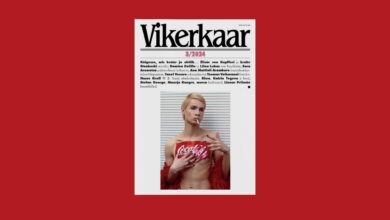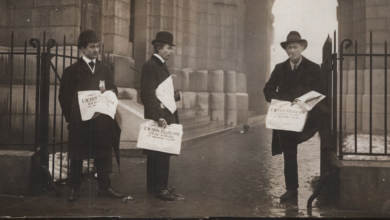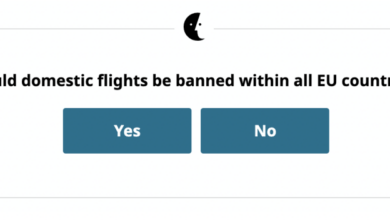Incredibly independent | Eurozine
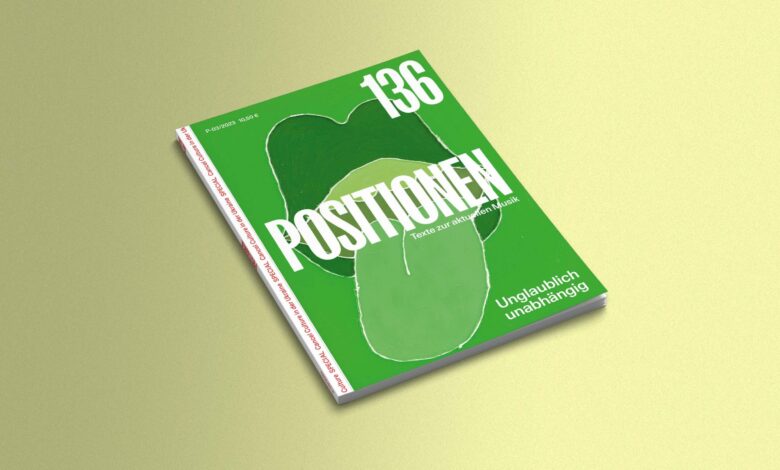
Across Europe, cultural journals are facing a funding crisis, and with it a crisis of editorial independence. But in Scandinavia, the situation for journals is less dire than elsewhere thanks to a longstanding system of state support, writes Mats O. Svensson in Positionen.
Emerging in the social democratic 1960s in response to media concentration in small language spaces, the ‘Nordic model’ can be transferred to settings where reservations about state intervention in the press – a combination of historical experience and a tradition of laisser faire – leave journals without a lifeline.
But despite having it better off, writes Svensson (himself an editor at pan-Scandinavian journal Vagant), state-subsided journals in Scandinavia do not live in glorious abundance. On the contrary, very few can afford anything but a skeleton staff and all rely on voluntary engagement.
Nordic journals’ increasing financial instability is the result of trend for publishers to ditch what were once prestige publications. In 2016, for example, Cappelen Damm parted with Eurozine’s Norwegian partner Vagant because it was unprofitable (read editor-in-chief Audun Lindholm’s commentary, in which he claims that the publishing industry has abandoned its responsibility towards a critical public). Big publishers have done the same in Sweden (Bonnier) and Denmark (Gyldendal).
‘For many years,’ writes Svensson, ‘cultural policy was based on the social democratic principle that the state should use subsidies to counteract the negative effects of commercialization in the cultural sector. This kind of argument has not been made for a long time. Nevertheless, the idea that the state should look out for smaller cultural practitioners, protect them and take them under its wing remains. This is essential, both for criticism and the creation of a new generation of critics.’
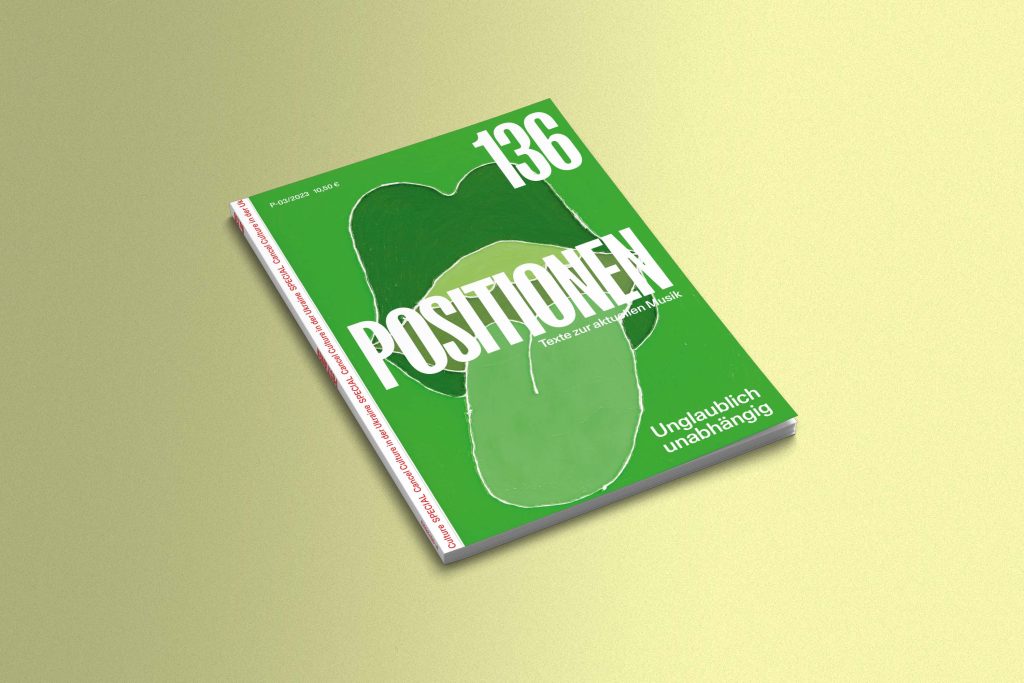
Press is press?
Positionen editor Bastian Zimmerman talks to Timo Conraths, media lawyer and director of the German Journalists Association, one of the largest of its kind in Europe. Their conversation revolves around the lawsuit brought earlier this year by the journal Lettre internationale against Sinn und Form (the in-house journal of the German Academy of Arts, a publicly subsidized institution).
Lettre claimed that indirect state support for Sinn und Form provided it with an unfair advantage in a field where direct state support for the press – of which cultural magazines are considered a part – is prohibited. Originally, Conraths points out, the prohibition on state interference was intended to protect press freedom. This tended to be overlooked in the conflict. In fact, argues Conraths, in German law there is no contradiction in principle between state non-intervention and funding for journals.
So why has state support for cultural journals in Germany never got off the ground, despite the obvious need and pressure from the sector?
Historical reasons, though significant, are less decisive than constitutional ones, argues Conraths. In Germany, cultural funding is delegated to the federal states. Any funding at the national level would have to exclude qualitative criteria and be based purely on economic considerations. Given the financial straits of the press sector, competition for funds would be so extreme as to make the process impossible to handle.
‘Unfortunately,’ says Conraths, ‘it is easier to maintain a system that already exists than to create a new one. If it proved possible to set up something that observed the principle of non-intervention, then the German Journalists Association would also wish to see in Germany some kind of media or journalism funding. Because this is indeed an area that is so important for democracy that it simply must be supported.’
Complaints of an editor
According to Colin Lang, former editor of art magazines Texte zur Kunst and Spike, criticism today is becoming increasingly dependent on what it is supposed to be criticizing: artistic institutions. The crisis facing independent magazines means that they are more and more unwilling to publish criticism liable to displease advertising clients. Critics themselves are now also disinclined to write anything that might offend institutions whose promotional material they may be writing next.
All this puts the German state’s refusal to fund magazines in a different light, according to Lang: ‘If there really is no independent writing, free from the forces of influence, then the decision by the government to stay out of the game is predicated on a falsehood.’
And how is the non-intervention principle seen by the critics whose independence is supposedly being preserved? ‘I don’t know, is the short answer, but I can say that after having worked closely with young writers, I never once heard those sentiments uttered, either for or against. These individuals were too concerned with securing the next gig and making sure that they got paid for the current one.’
A new deal for music journalism?
In a roundtable with music critics, theorists and journal editors, participants agree that the steady migration of music criticism from the cultural pages of the newspapers into the specialist music journals is a good thing for criticism – providing the journals are able to finance themselves. Like their visual art equivalents, however, the more that music journals become reliant on advertising, and the more that critics themselves moonlight as dramaturgs or curators, the more difficult it becomes for the magazines to guarantee critical independence.
‘When we took over Positionen’, says the journal’s editor Andreas Engström, ‘we insisted on a few basic principles. One was that advertising sales were unconnected to coverage. Most advertisers accept this. More complicated, however, is the question of authors who work in the art field, whether as a side-line or as their main form of employment. We often come across difficult situations where there are grey areas and undefined boundaries.’
All agree that a ‘new deal for journalism’ would not compromise independence. The question is only how to make that happen. ‘With engagement, initiative, unpaid work?’ asks Sarah Walther, editor of Neue Zeitschrift für Musik. Despite being ‘in competition’ for readers, the editors of do not see themselves as adversaries: on the contrary. The market is facing a crisis – so why not a pressure group?
Source link


